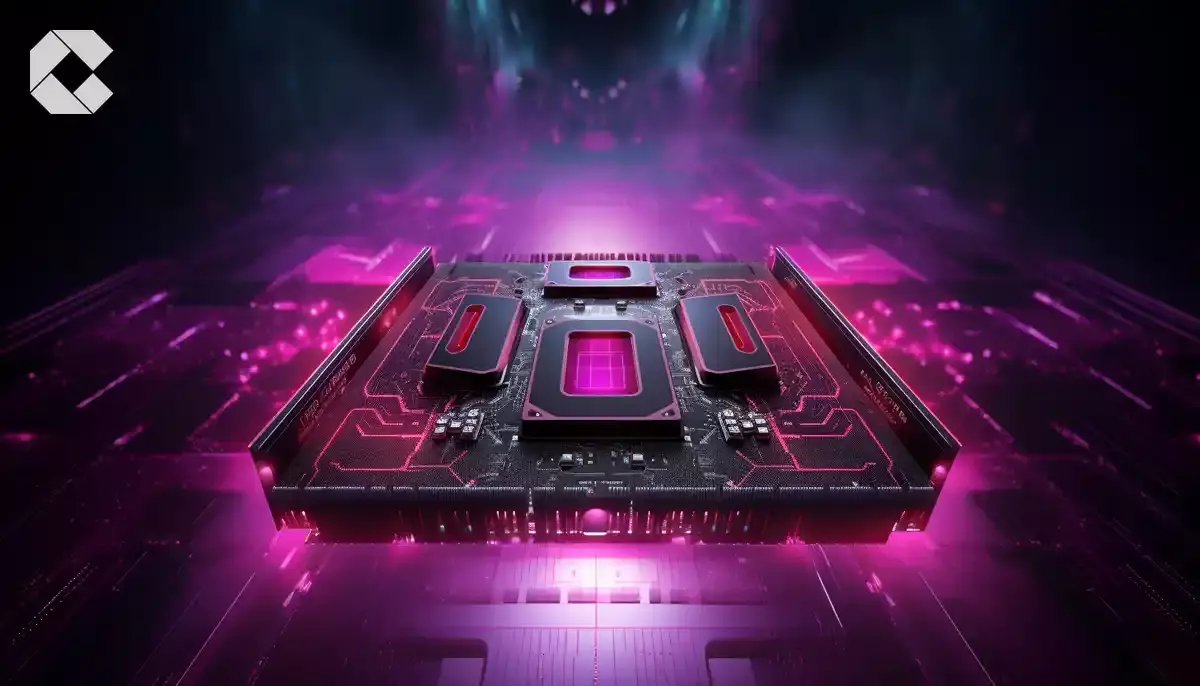In a recent announcement on February 21, the interoperability platform Wormhole revealed its collaboration with Advanced Micro Devices (AMD) to integrate AMD’s FPGA hardware accelerators into the Wormhole ecosystem. This partnership aims to enhance the speed and scalability of multichain decentralized applications (dApps) by leveraging AMD’s expertise in providing enterprise-grade field programmable gate array (FPGA) hardware accelerators. The inclusion of AMD’s exclusive Alveo U55C and U250 adaptable accelerator cards will play a crucial role in achieving low latency and seamless transactions across the blockchain ecosystem.
Blockchain interoperability is essential for facilitating communication interchange between different blockchain solutions. Since blockchain networks are often siloed, interoperability bridges the gaps between these networks, enabling the reconciliation of information such as data and transactions. Wormhole, as a zero-knowledge (zk) cryptographic platform, focuses on boosting blockchain interoperability by monitoring layer-1 blockchains for messages released by embedded smart contracts. Through its Wormhole Core Layer, messages are routed to the target chain, ensuring the accurate deployment of conveyed data. This decentralized message-passing protocol serves as the backbone of the crypto industry.
AMD’s Director of Product Management, Adaptive, and Embedded Computing Group, Hamid Salehi, emphasized the collaboration’s goal of enhancing decentralized computing in the blockchain industry. By partnering with Wormhole, both platforms aim to drive innovation in a fast-growing technology sector within the distributed ledger ecosystem. Web3 developers building on the Wormhole ecosystem will soon release zero-knowledge light clients on the mainnet, utilizing AMD devices to monitor their performance in real-time. These light clients will facilitate message transfer between major blockchain networks like Ethereum, Near, Solana, Aptos, Sui, and Cosmos.
One of the key objectives of the collaboration between Wormhole and AMD is trust minimization, eliminating the reliance on centralized third parties. By incorporating zero-knowledge light clients, users and developers can freely move data across various blockchain networks while reducing external interferences. This focus on decentralization paves the way for greater autonomy and security in the blockchain industry.
The integration of AMD’s FPGA hardware accelerators into the Wormhole ecosystem signifies a significant step towards enhancing blockchain interoperability and decentralized computing. By creating seamless transactions and boosting scalability, this collaboration sets a new standard for innovation in the rapidly evolving blockchain technology landscape. Trust minimization and the adoption of zero-knowledge platforms further reinforce the industry’s commitment to decentralization and data privacy. As the partnership progresses, we can expect to see further advancements in interoperability and decentralized applications, driving the future of blockchain technology.


Leave a Reply